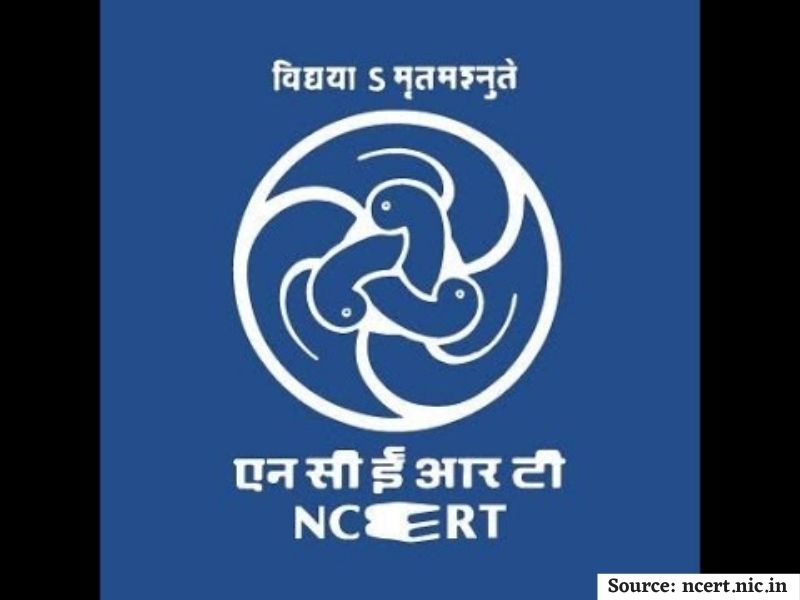According to a survey, conducted by the National Council of Educational Research and Training (NCERT) on school education during the time of coronavirus is heavily dependent on mobile phones. About 80-90 percent of older students in Central government schools said they use mobiles rather than laptops to access digital schooling.
Almost 30 percent said absent or intermittent electricity connections hindered their learning, and half the students said they did not even have access to their textbooks.
The survey was conducted using a sample of 18,188 students from Classes 8-12 from Kendriya Vidyalayas, Navodaya Vidyalaya Samitis and schools affiliated to the Central Board of Secondary Education. More than 16,000 parents, teachers and principals also took part in the survey.
In KVs, 84 percent of students used mobiles, while 19 percent used laptops for learning, similar to the ratio in CBSE schools. In the Navodaya Vidyalayas, which are meant for gifted students from rural areas, less than 10 percent learners used laptops; 88 percent were dependent on mobile phones. and less than 6 percent used TV or radio.
Only four states have completed mapping of the devices available to students, that is, smartphone, basic mobile, radio, TV, personal or community computer, as per the Students’ Learning Enhancement Guidelines released by the Education Ministry.
As per the guidelines, “Unless the unique requirements of every learner are taken care of, and the same learning experiences are provided to the have-digital-device and have-not-digital-device learners, along with tracking and monitoring of each learner’s progress, the pandemic may result in the beginning of a vast learning gap/divide in such learners.”
The Centre directed States to develop detailed plans to reach every child and ensure continuous learning for the whole academic session. About nine states have mapped the school-going children of migrant workers, identifying 1.29 lakh immigrant children. Five states have mapped emigrant children, identifying 1.66 lakh so far and seven states run some form of mobile schools.
According to the NCERT survey, about 40 percent students in CBSE schools said they found online learning difficult or burdensome, compared to 28 percent at NVS schools. Poor internet connectivity and the difficulty of using mobile phones to share and access content were some of the hindrances. In fact, 27 percent did not have either laptops or smartphones. Half the surveyed students did not have textbook access, and 28 percent faced electricity problems. Paucity of devices among teachers and their unfamiliarity with the devices and online teaching methods also created roadblocks.
Source: The Hindu
